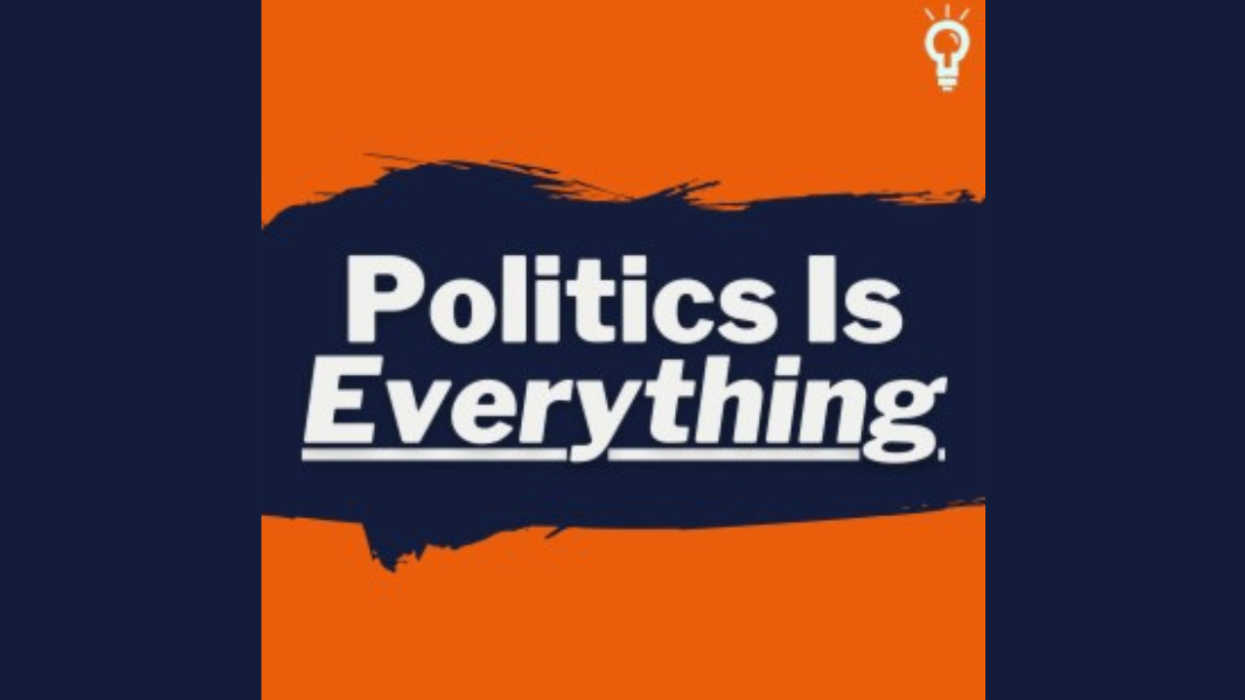Sabato’s Crystal Ball has been tracking how 2022 is different from previous midterm election years, when the party that holds the White House is often punished. The 2022 midterm elections feature an unpopular president, but there are indications that the unpopular president’s party won’t be strongly punished. In this episode, Kyle Kondik discusses how echoes of the 1978 and 1982 midterm elections may be reverberating in 2022.
Podcast: Hello, 2022: 1978 and 1982 are calling




















Marco Rubio is the only adult left in the room